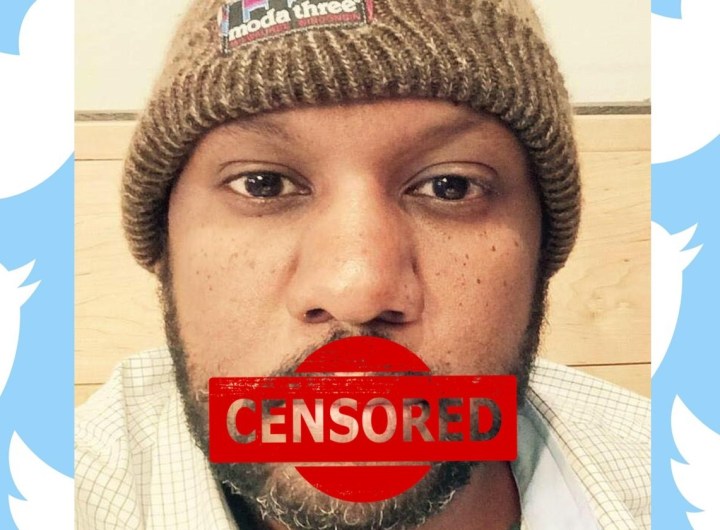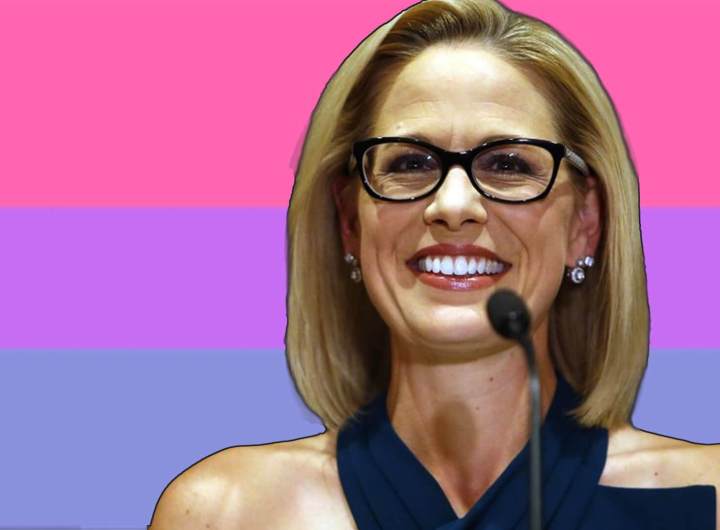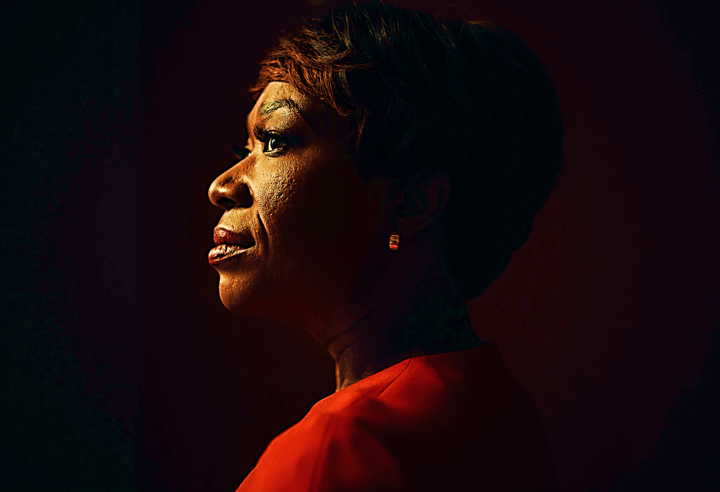The Tèt Kale Party (Parti Haïtien Tèt Kale, PHTK) currently dominates Haitian politics. Tèt Kale means “Bald Head” in Haitian Creole.
Although the Party itself wasn’t established until 2012, the Mouvement Tèt Kale (with U.S. backing) held massive street protests and otherwise rallied in support of the Presidential aspirations of former nightclub owner and singer Michel “Sweet Mikey” Martelly in 2010.
Most Haitians did not vote that year.
Ballot box stuffing, outright fraud, and other irregularities observed by the Center for Economic Policy Research called into question the validity of Haiti’s election returns. Authorities arbitrarily excluded the most popular political party, Fanmi Lavalas, from the ballot. Devastation from the magnitude 7.0 earthquake in January, compounded by a cholera outbreak in October with over 665,000 cases and 8,183 deaths adversely affected voter turn out as well.
Tèt Kale’s Double Entendre
1. Literal interpretation
Michel “Sweet Mikey” Martelly embraced the term for seemingly obvious reasons.
2. Symbolic Value
Rastafarians like Bob Marley used the term ‘bald head’ to describe those who style their hair in a Western manner.
Although Rastafarianism originated in Jamaica as a pushback against the slave holder manipulation of Christianity, Haitians experienced the same privations at the hands of colonial white supremacy. Given the choice of resisting cultural imperialism by wearing their hair in a natural manner — Afro or dreadlock — or submitting and conforming to Western (white) standards, those who sport bald heads make a very real political statement with their hairstyle alone.
Considering ongoing Western interference in Haitian affairs, Martelly’s coiffure virtually shouted, “I am the puppet candidate.”
Which meaning?
As a sycophant to François “Papa Doc” Duvalier & his son Jean Claude “Baby Doc,” Martelly’s use of the term Tèt Kale said more about his regime than his personal appearance.
During the Duvalier years, Martelly ran ‘the Garage,’ a nightclub patronized by army officers and members of Haitian high society. Martelly spoke fondly of that time, a period during which the Duvalier regime killed between 30,000 and 50,000 Haitians. Martelly’s markedly corrupt and violent Presidency mirrored that of the Duvaliers.
Duvalierism
Despite Haiti’s proud history of successful revolution against colonial overlords, the world constantly interferred with Haitian self-determination. Imperial powers, terrified that the successful slave revolt in Haiti would start a chain reaction, refused to allow the country to accede to normal international relations. France would not recognize the new government without punishing reparations for its loss of Haiti as a coffee and sugar plantation colony. The 1824 Franco-Haitian Agreement left Haiti in a state of debt slavery and gave France power over Haiti’s trade and finances. The U.S. did not recognize Haiti’s existence until 1862.
Classic “divide and rule” carried forward from the colonial era. Haiti’s domestic class structure based on land ownership led to the rise of a petty bourgeoisie comprised of mostly mixed-race, lighter skinned people. Black peasants worked for the mixed-race land owners who in turn relied on foreign capitalists and foreign merchants. In other words, colonialism never truly ended in Haiti.
After the U.S. invaded in 1915, the Haitian class structure remained the same, but the Americans moved to centralize all economic, military, and political power at Port-au-Prince. The U.S. also favored the Black bourgeoisie at the expense of ordinary Haitians.
François “Papa Doc” Duvalier lived through the brutal U.S. occupation and learned much about the cynical and callous use of power. From 1915 until 1934, the occupation had nothing to do with “spreading democracy.” Allegedly fearing French or German encroachment, Americans moved Haiti’s financial reserves to the U.S. and REWROTE HAITI’S CONSTITUTION to allow foreigners to own land. Over 15,000 Haitians were killed during the 19 year U.S. occupation — most often for daring to resist the theft of their land and resources.
The occupation of the Dominican Republic, like the occupation of Haiti, was motivated by regional and commercial interests. “In the Dominican Republic, American multinationals laid out vast new sugar plantations, which needed more workers than Santo Domingo could provide,” Michele Wucker writes in “Why the Cocks Fight: Dominicans, Haitians, and the Struggle for Hispaniola.” “Haiti, with the same population but half the land, was a natural source, so the companies moved thousands of people across the border, establishing a steady flow from west to east.”
In the 1920’s, Papa Doc wrote for an anti-U.S. occupation newspaper and authored a book about Black Liberation that encouraged the Haitian people to rise up against the mixed-race ruling class. Along with his populist appeal, Duvalier studied voodoo culture in depth and consciously used it to manipulate his base. For example, the name of his dreaded paramilitary, the Tontons Macoutes, came from a Haitian myth about a boogeyman who stole children in the night.
When it came to ruling the country, however, Papa Doc did a virtual 180 degree turn from his earlier populism. Duvalier’s systematic use of physical violence and concentration of all power in the hands of a single executive led at least one academic to classify his regime as totalitarian. In addition, Duvalier exhibited the two requirements of a U.S. client state: 1) Anti-communist, 2) A willingness to subordinate state interests and elevate the concerns of foreign capital.
Although the Haitian people tried to push back against Duvalierism with the election of Jean Bertrand Aristide in 1991, his initial time in office gave way to a military coup after only 8 months. During that brief period, Aristide attempted to reform the military, initiate investigation of human rights violations, and prosecute Duvalier’s Tontons Macoutes (Secret Police) who had not fled the country. The elites quickly moved to snuff out this brief hope for real change in Haiti.
Rise of the Bald Heads 2010-2012
In 2012 PHTK became an official “center right” political party in Haiti. Before that time the “Bald Heads” acted in concert to support Martelly but lacked official status. Later evidence revealed that this group operated with the backing of USAID, lending further support for the notion that Martelly was a mere puppet for U.S. imperial interests.
Disaster Capitalism
Brazilian professor Ricardo Seitenfus described the atmosphere surrounding Martelly’s election in 2010:
Once again, the international community had behaved in Haiti as if it were in conquered territory. It boldly put into practice, absent any legal, technical or moral basis, a white coup and a blatant electoral intervention.
After this and other public statements by Seitenfus regarding the fraud and waste of international NGO’s swimming in money after the 2010 earthquake, the U.N. cholera coverup, and the silent coup being orchestrated against then-President René Préval, he was abruptly removed from his position as the Organization of American States’ (OAS) Special Representative in Haiti.
The 2010 Haitian Earthquake measured 7.0 on the Richter Scale. Over 300,000 people were killed. To amplify the suffering, foreign non-governmental organizations (NGOs) swooped in like vultures. Where did the $13.5 billion meant for disaster recovery go? The year prior to the Haitian earthquake, Bill Clinton became the Special Envoy of the U.N. Stabilization Mission in Haiti. In that capacity he held the purse strings of the international recovery effort.
The Clintons were just the latest version of the “White Man’s Burden” capitalization on Haiti’s misfortune. In the press they weren’t agents of disaster capitalism, they were humanitarians with a charming personal anecdote about their affection for Haiti. Peer just beneath the surface of their ongoing charade to see the truth.
Information gleaned from a release of Hillary Clinton’s emails revealed that U.S. officials worked hand-in-hand with the Haitian private sector to force authorities to change the first round election results in 2010. Clintons controlled international relief funds AND successfully installed a puppet president for Haiti.
He Who Holds The Gold
While acting as U.N. Special Envoy (a position that holds diplomatic immunity), from 2009 to 2011 Bill Clinton was also co-chair of the Interim Haiti Recovery Commission (a position without diplomatic immunity and subject to Haitian law). Despite requests for an accounting of international funds distribution for Clinton’s 18 months as IHRC co-chair, he adamantly refused to turn over the information.
A scathing Clinton Foundation internal memo from Chelsea Clinton to her parents actually offered a unique glimpse of reality. Among other things, she noted of the Haitian people “They wanted to help themselves, and they wanted reliability and accountability from their partners,” Reasonable post-disaster requests from a sovereign nation. The “West knows best” paternal racism of the international entities’ response ignored Haitian sovereignty and proceeded according to their own designs. Click To Tweet
2015 Elections
Ongoing civil unrest and PHTK violence after Martelly refused to hold proper elections ultimate led to him unceremoniously departing the country with no successor in place. His hand-picked successor Jouvenal Moïse, a banana exporter. Haitian-born writer and scientist Dady Chery said, “If Martelly is remembered at all in a few years, it will be for being the dictator of Haiti who was most servile to a foreign occupation.”
United Nations Office for Project Services controlled foreign funding and election logistics. It stands accused of participating in massive and wide-ranging fraud. Dady Chery observed:
In an extraordinary show of chutzpah, the European Union’s Election Observation Mission in Haiti, which should be called to account for its probable participation in the recent electoral fraud, declared that the annulment of Haiti’s October 25, 2015 zombi elections was “unjustified.” The head of the mission, the Spanish politician Elena Valenciano [Might she be related to Rafael Blasco, who is serving 6 1/2 years in prison for committing conspiracy charity fraud in Nicaragua and Haiti?] said that the work of Haiti’s Independent Committee for Electoral Evaluation and Verification (CIEVE) “includes numerous factual, legal, and conceptual weaknesses.” Shortly thereafter, Federica Mogherini, EU High Representative and Vice President, said that the Election Observation Mission in Haiti would shut down. It is no coincidence that this happened within hours of Hillary Clinton’s win in the California primaries. This is a cynical estimate that, from now on, all possible fraud by the so-called Friends of Haiti can be covered up.
The latest elections resulted in a win for PHTK although exit polls showed that their candidate, Jovenel Moïse, received only 6% of the vote and should have placed 4th. After Martelly eliminated most of the Haitian government, the PHTK became firmly entrenched, and these results solidify their power base.
Where Are We Now?
An unholy alliance between the U.S. government, multinational NGOs, foreign corporations, and Haitian authorities has left Haiti economically weak, and politically insecure. The PHTK “Bald Heads,” backed by the U.S., will continue to bow to the whim of foreign corporations, and the Haitian people will continue to languish under their rule.
Holly Blomberg
Latest posts by Holly Blomberg (see all)
- Alex Jones: Our Canary In A Coal Mine - August 9, 2018
- Radical Malfeasance: Drugging Immigrant Kids And Dividing Families - June 23, 2018
- Those Crazy Baldheads: Toadies Of U.S. Imperialism - June 4, 2018







